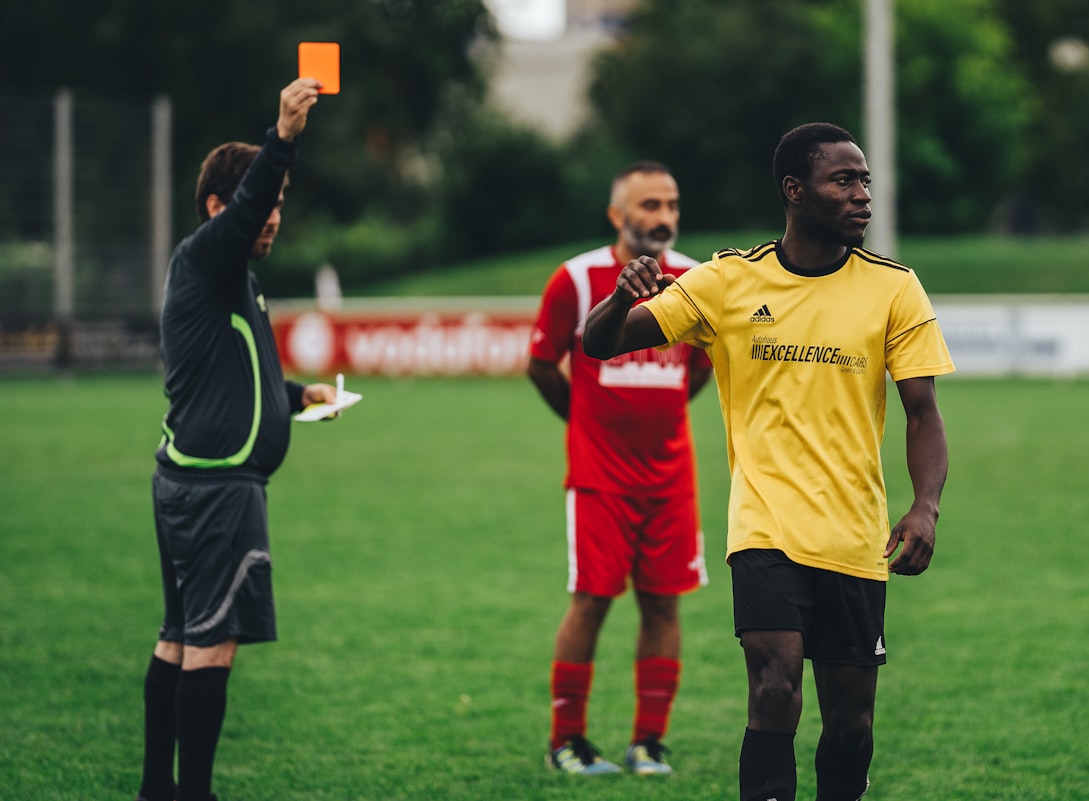It used to be the dream of most young boys to become professional footballers when they grew up. Thanks to a series of initiatives, significant investment, and the recent success of England's Lionesses, it is now a dream of many young girls too.
Football is the most popular sport in the world and generates billions throughout the leagues and international tournaments. This has spawned a new generation of footballer who is able to make eye-watering sums of money from clubs and through sponsorship deals.
Because of this, British football culture has moved on from the '70s, '80s, and even the '90s when the top players were as famous for their off-the-field antics as they were for their talent. That is not to say that there aren't still scandals, but the drinking culture around the game has definitely subsided.
Young footballers in the UK now look up to the likes of Cristiano Ronaldo and Lionel Messi and their level of professionalism that allowed them to reach the very heights of the game.
Players like Jude Bellingham are already progressing beyond exceptional potential to provide scintillating performances for the world's top teams.
The following guide takes you through some of the most important things you need to know if you dream of one day becoming a professional footballer.
How Much Footballers Earn
First, the most important part: the salary. The money in football at present is cause for a lot of debate. Rightly or wrongly, players at the top of their game can earn hundreds of thousands every week. Clubs are able to afford this through a combination of wealthy investors, strong attendance and merchandise rights, TV money, and sponsorship deals.
Of course, the betting industry is a big part of football in the UK with £1.1 billion being taken by betting operators on football matches from March 2021 to March 2022. This amounted to almost half of all UK online revenue taken by betting sites online for the same time period. Betting operators also pump significant amounts of this revenue into sponsorship, helping to fund UK clubs at all levels.
The average salary a professional footballer can expect differs significantly based on the level they are playing at. The average Premier League player is on around £60,000 per week, with the highest amount being paid to Manchester City's Erling Haaland, who is on approximately £553,000 per week.
The average for English Championship players drops considerably to around £7,000, the League One average is around £4,500, and the average League Two player takes home around £2,000 per week.
Player bonuses and external sponsorship deals can increase how much a player earns dramatically. This is why so many players are so conscious about their public image and are keen to cooperate with major brands.
Grassroots
The grassroots game in the UK refers to non-professional football and includes non-elite teams of all ages and levels. This is where most players will start to get into the industry. Coaching in the UK has come a long way in a short space of time and there are many football training schemes in place for young players to learn the fundamentals of the game.
Those with an interest in becoming a professional should dedicate a lot of time to playing and training with clubs as early as possible. It is estimated that professional footballers must put in around 10,000 hours to reach the highest levels. While this figure may change for different people, it is a good milestone, but will take years to achieve.
Academy Teams
Academy teams are typically affiliated with professional clubs. They scout the grassroots network in an attempt to uncover the best young talent and offer greater access to training facilities and coaching.
Being scouted for and joining an academy set-up does not guarantee progression to professional football, but it is a big step in the right direction.
Young players will have expert advice on fitness, tactics, and diet and should learn alongside other talented young players.
Training
Football training at all levels is an opportunity for players to improve on all aspects of their game. If a player feels they have a weaker foot or there is a part of their game that could improve, additional training on this should be a priority.
Speed, strength, and fitness training should also be a priority outside of scheduled training sessions for players hoping to make an impact and stand out from their peers.
Tactics
As well as improving physically, young players should also watch a lot of football and study tactics to get a better understanding of the game. This can also be beneficial for those thinking ahead and planning to get their coaching badges eventually.
Diet
Maintaining a healthy diet will significantly improve energy levels and your body’s ability to build muscle and stay fit. While most people may associate diets with weight loss, it is important that players are getting enough calories to fuel their active lifestyle.
Eating the right foods will help players avoid empty calories and give them a much better chance of prolonging their potential career.
CV
A football CV might sound strange at first, but putting together a list of strengths and weaknesses, as well as a highlight reel, will not only benefit scouts and teams but also the player themselves.
This will act as a great personal review and can identify areas of their game that should be improved. It can also prove to be motivational and allow the player to note down all their achievements and take stock of the journey they have already taken.
Agent
Players on the fringes of professional football will often benefit from an agent. This is because football agents are well-connected in the game and can help players get a foot in the door with certain clubs.
In-demand players will require an agent to negotiate on their behalf with clubs. This is especially true for young players who aren't as experienced and may not have a good understanding of what they should be looking for in a contract.
Things to Stay Away From
Young players who start to earn a lot of money can quickly find themselves with greater opportunities to enjoy more extravagant lifestyles. With this comes the threat of a negative impact on performance levels, which could severely hamper a promising career.
As with all professional sports, recreational drug use is strictly prohibited for footballers, and any professional who fails a drug test could face a lengthy spell out.
While gambling is a big part of football in the UK, footballers are not allowed to bet on the game at all. Betting on other sports or in casinos is permitted, but the recent case of Brentford striker Ivan Toney being banned for 8 months because he was betting on football matches is a stark reminder to all players.


















